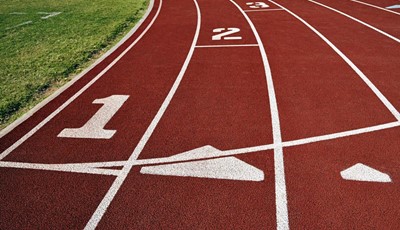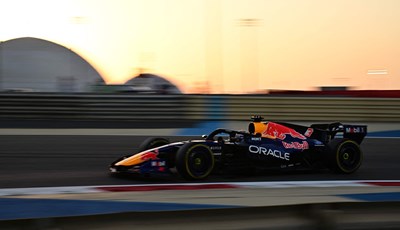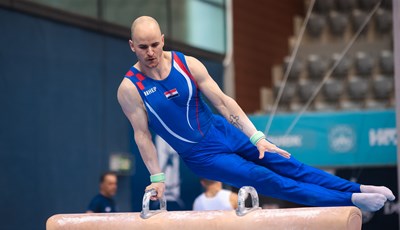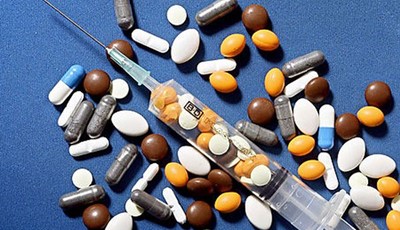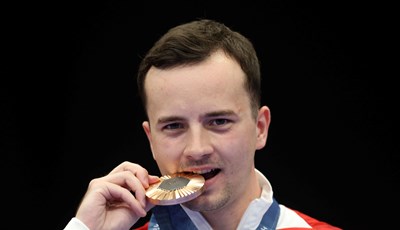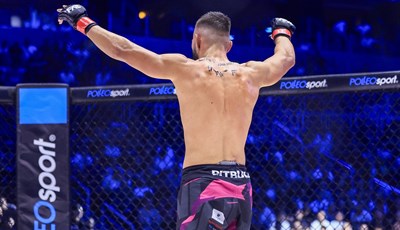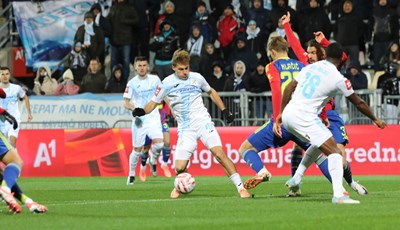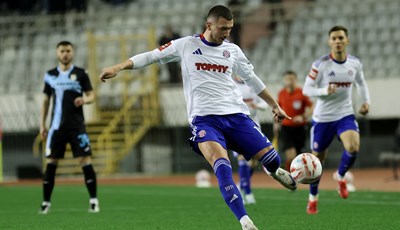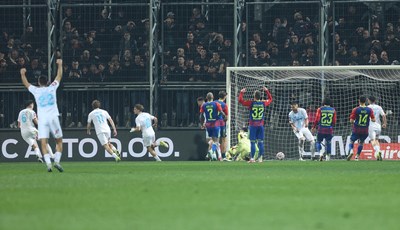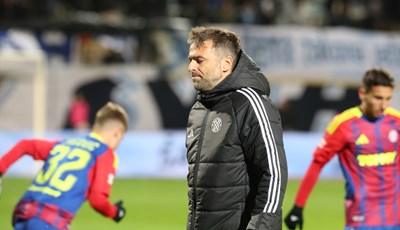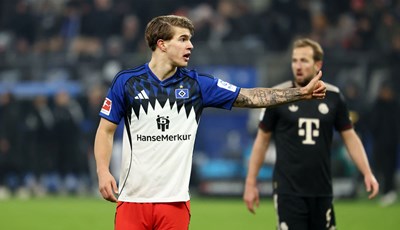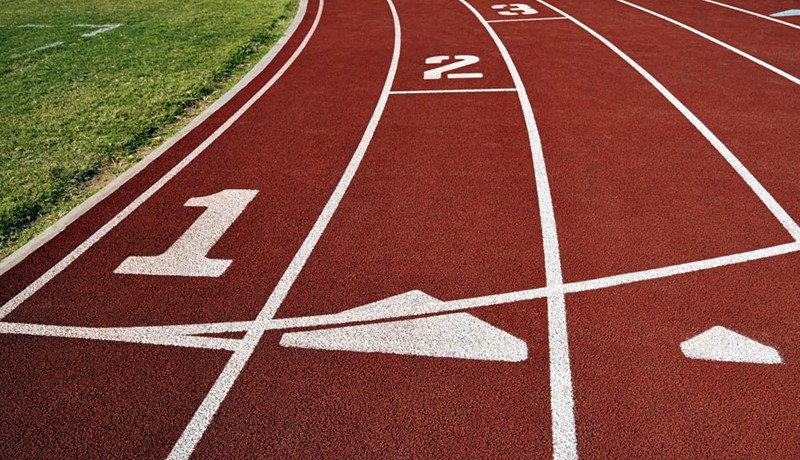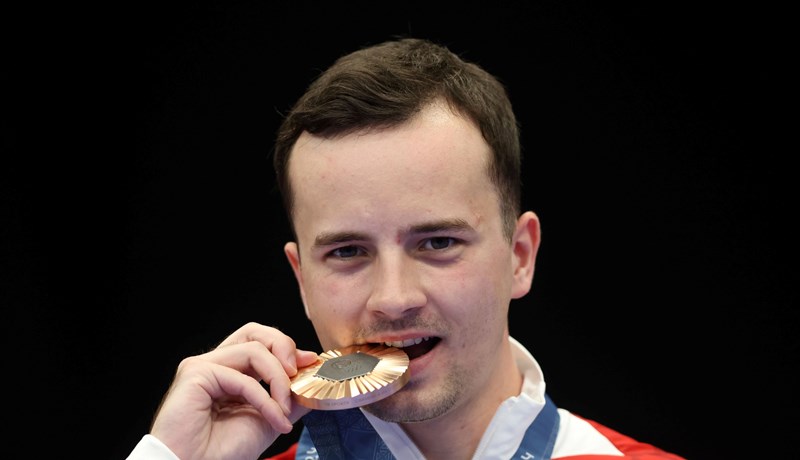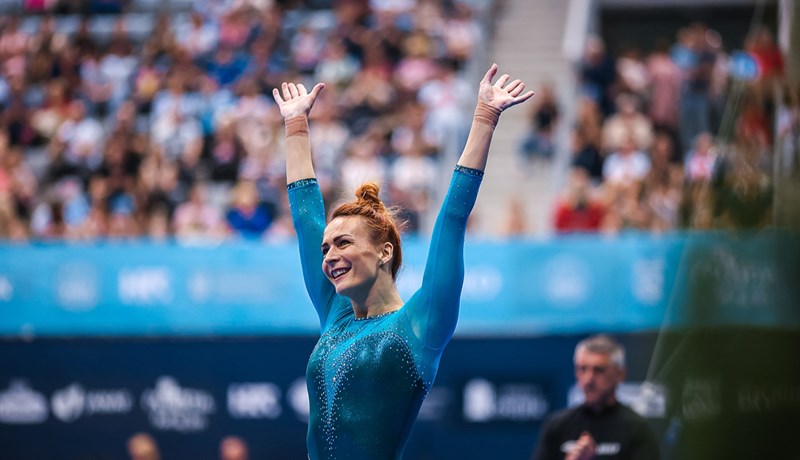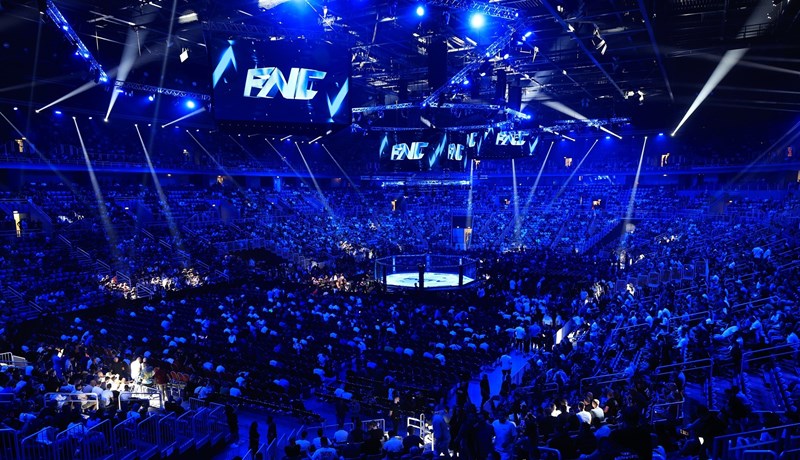Zasluženo Evans i uvjerljivo.
Prekrasan i uzbudljiv Tour. Nakon dominacije Contadora na Giru ovo je baš dobro došlo.
Evans je ovime definitivno izbrisao auru gubitnika na velikim etapnim utrkama (dva puta drugi, jednom četvrti na Touru, treće i četvrto mjesto na Vuelti i peto na Giru) i to je predao Andyju Schlecku kojemu je ovo treće uzastopno drugo mjesto na podiju Toura uz jedno drugo na Giru.
inače kopiram dio teksta koji ukazuje na ono što sam još i prošle godine tvrdio, a to je da je s upotrebom biološkog pasoša količina utjecaja dopinga na rezultate značajno pala i sada se može govoriti o puno ujednačenijem i čišćem sportu, iako, naravno, doping nije u potpunosti istrijebljen.
...I'd point out that this year, there have been
three HC climbs that are regularly done in the Tour - Luz Ardiden,
Plateau de Beille and Alp d'Huez. Every one of them has been more than 3
minutes slower than the record times for those climbs, all of which
were set in the EPO and blood doping era of the 90s and 2000s. The same
was true last year, incidentally - not once was an HC climb done at
more than 6W/kg, whereas that was common in the 90s and 2000s - 6.4 W/kg
was the average back then. Even when you correct for tactics and
weather, the number and magnitude of those differences is compelling.
The dividing line, I believe, comes in 2008, when the biological passport was introduced (and
please read this for the context).
And now, as the Tour rolls out of the mountains again, it has once
again suggested to me that a) performances of greater than 6W/kg (let
alone the
6.2 to 6.7W/kg we used to see)
are not credible and that b) the doping problem, while no doubt
present, is coming back under control thanks to the stringent testing.
Obviously, this is still a hypothesis - let's get thirty or forty
climbs that are slower, not the five or six in the last two years. But
so far, the data support the hypothesis, and only time will tell if it's
true. ..
